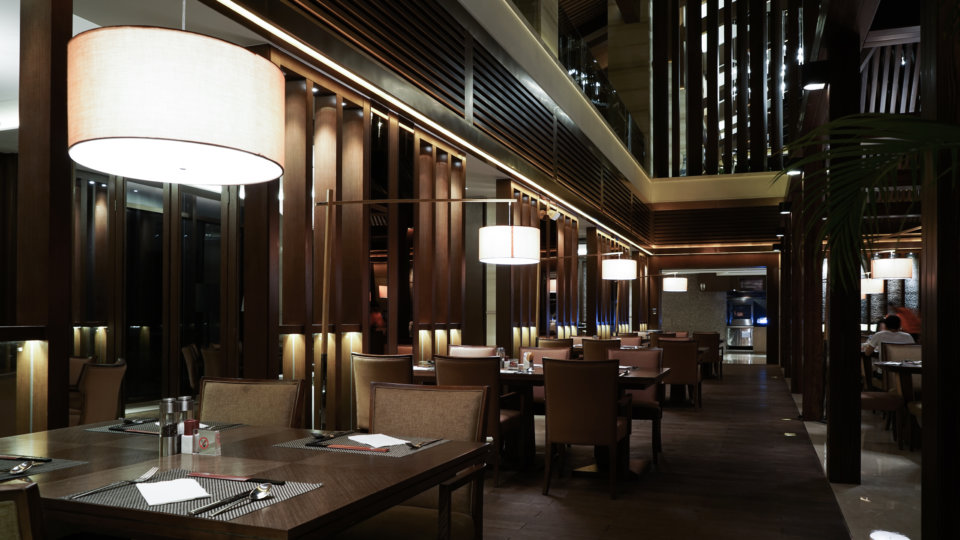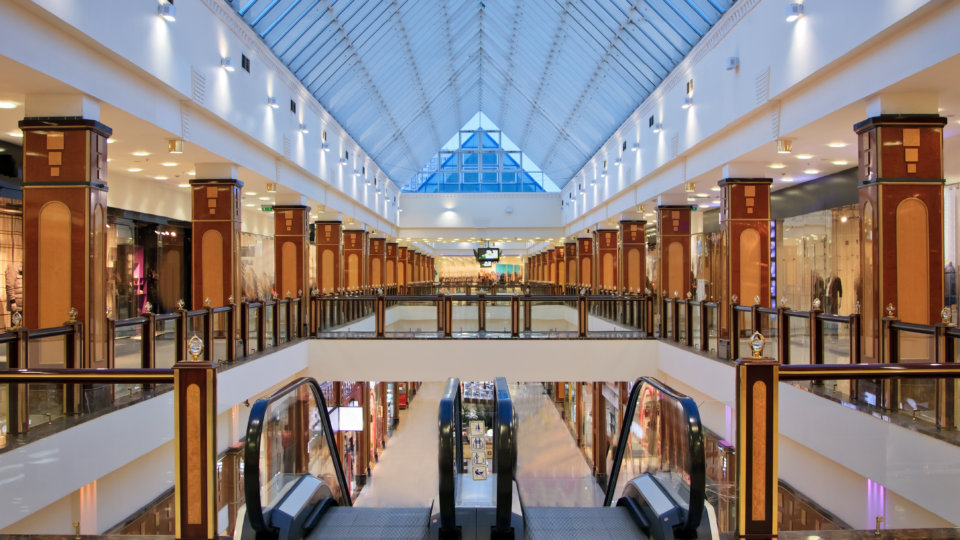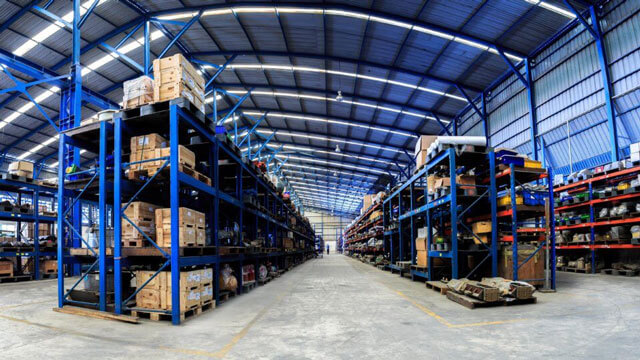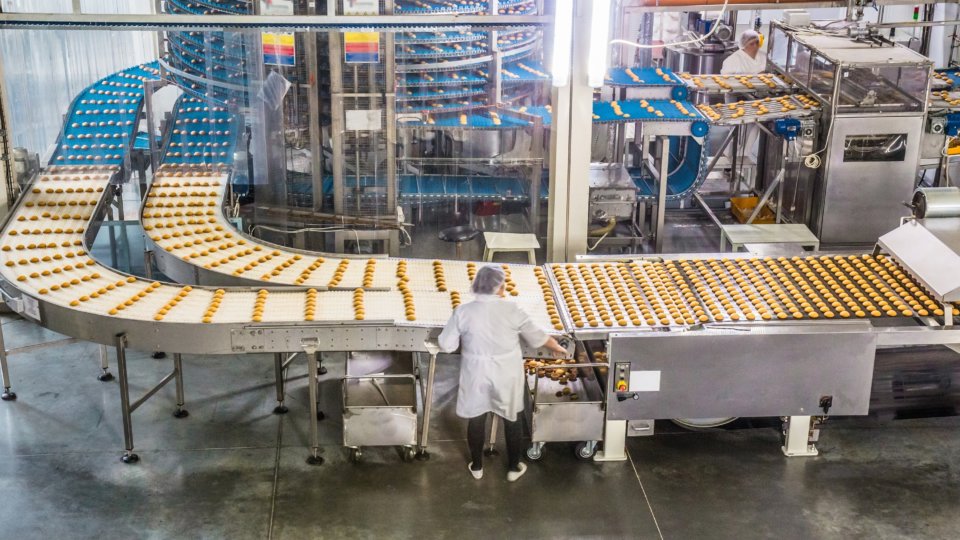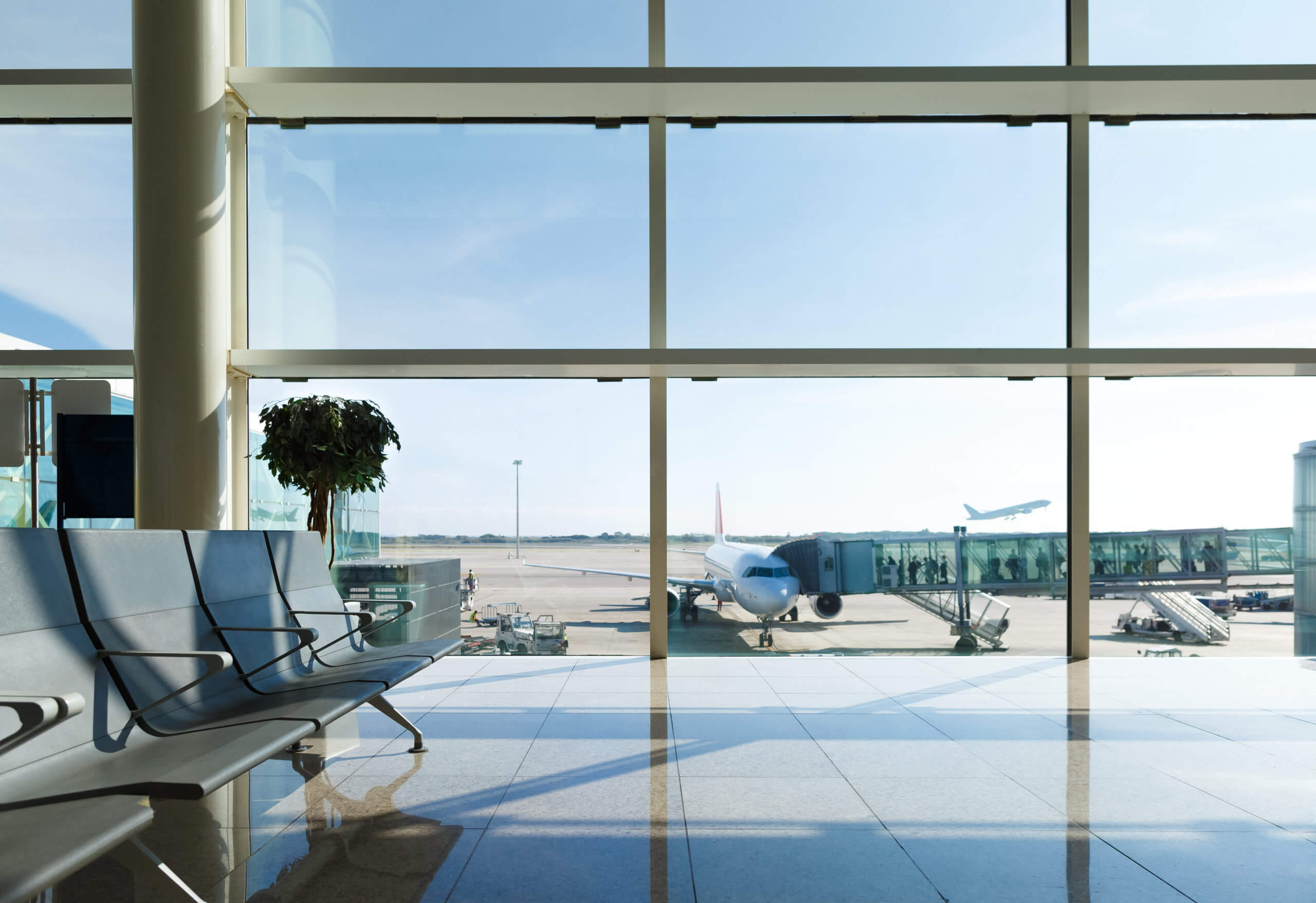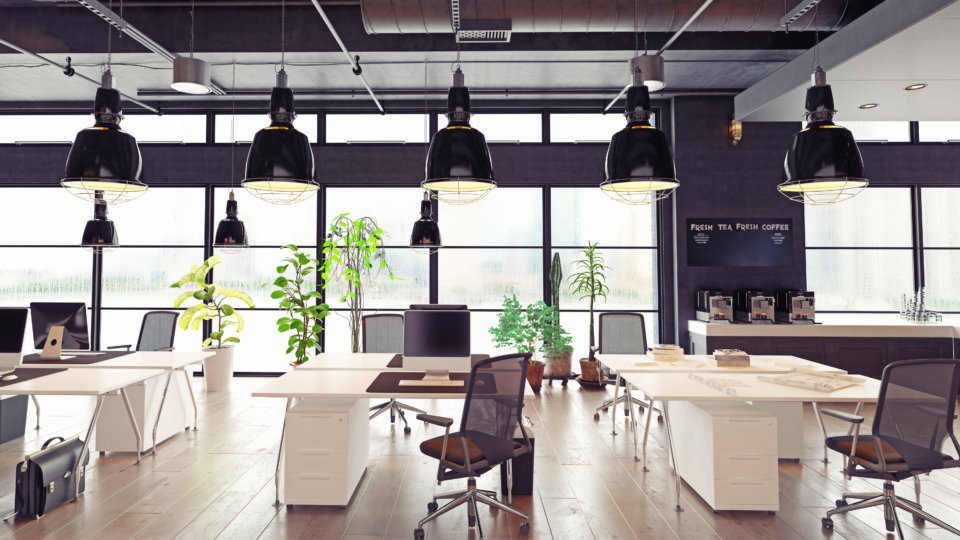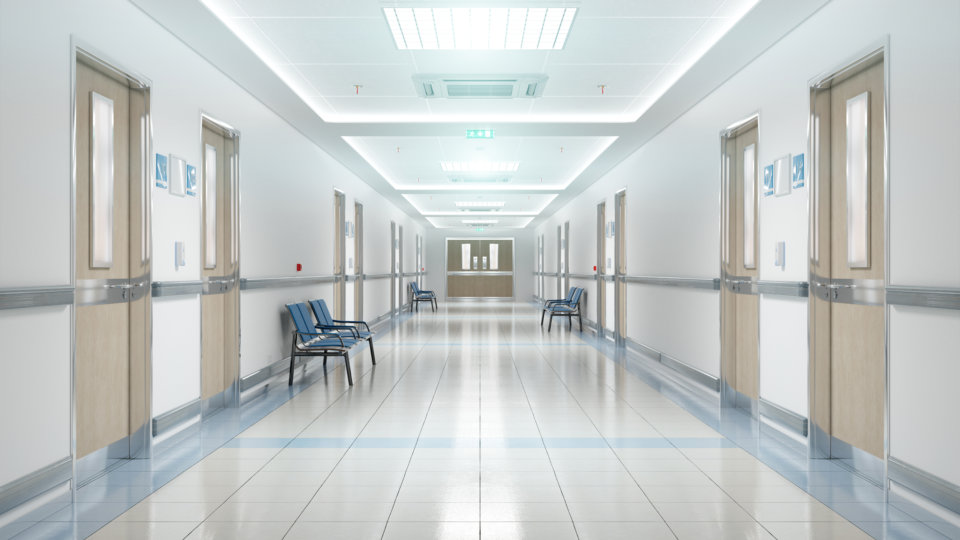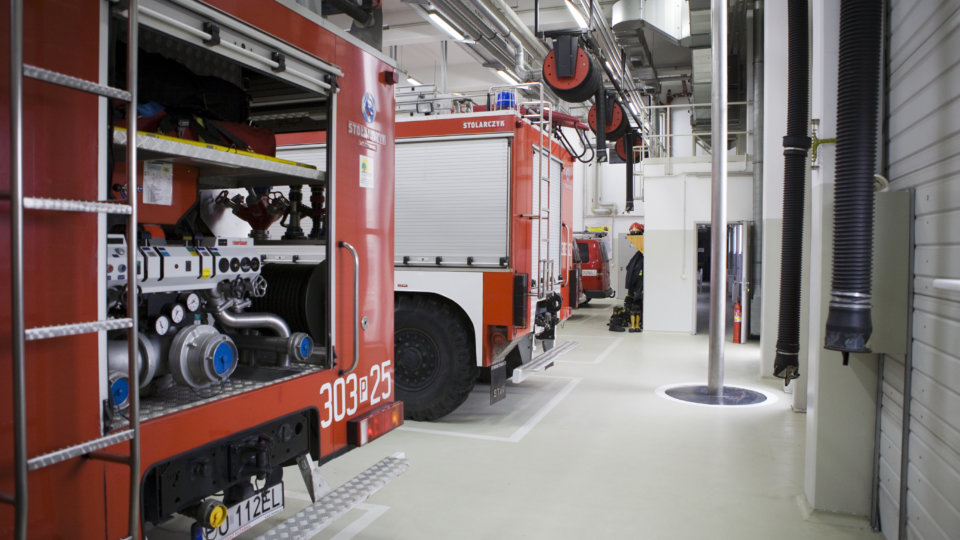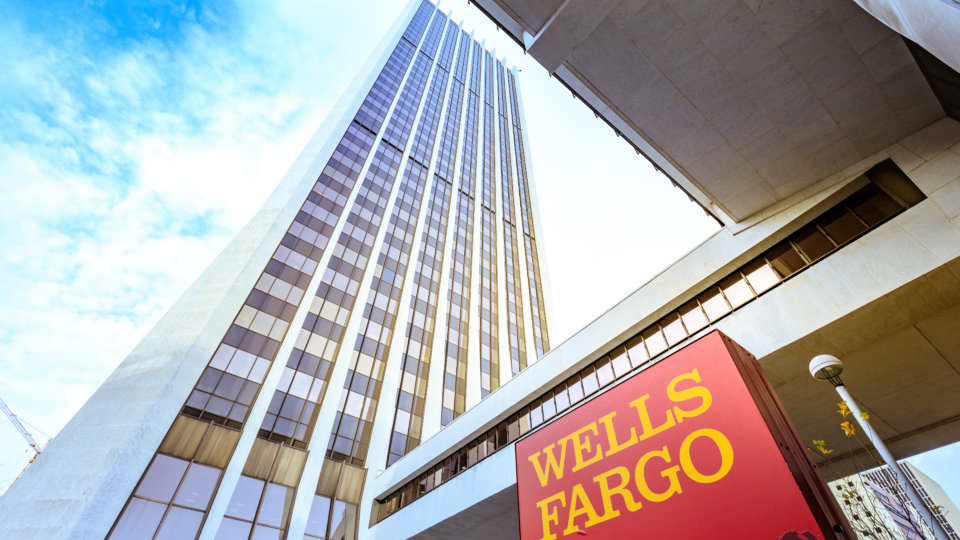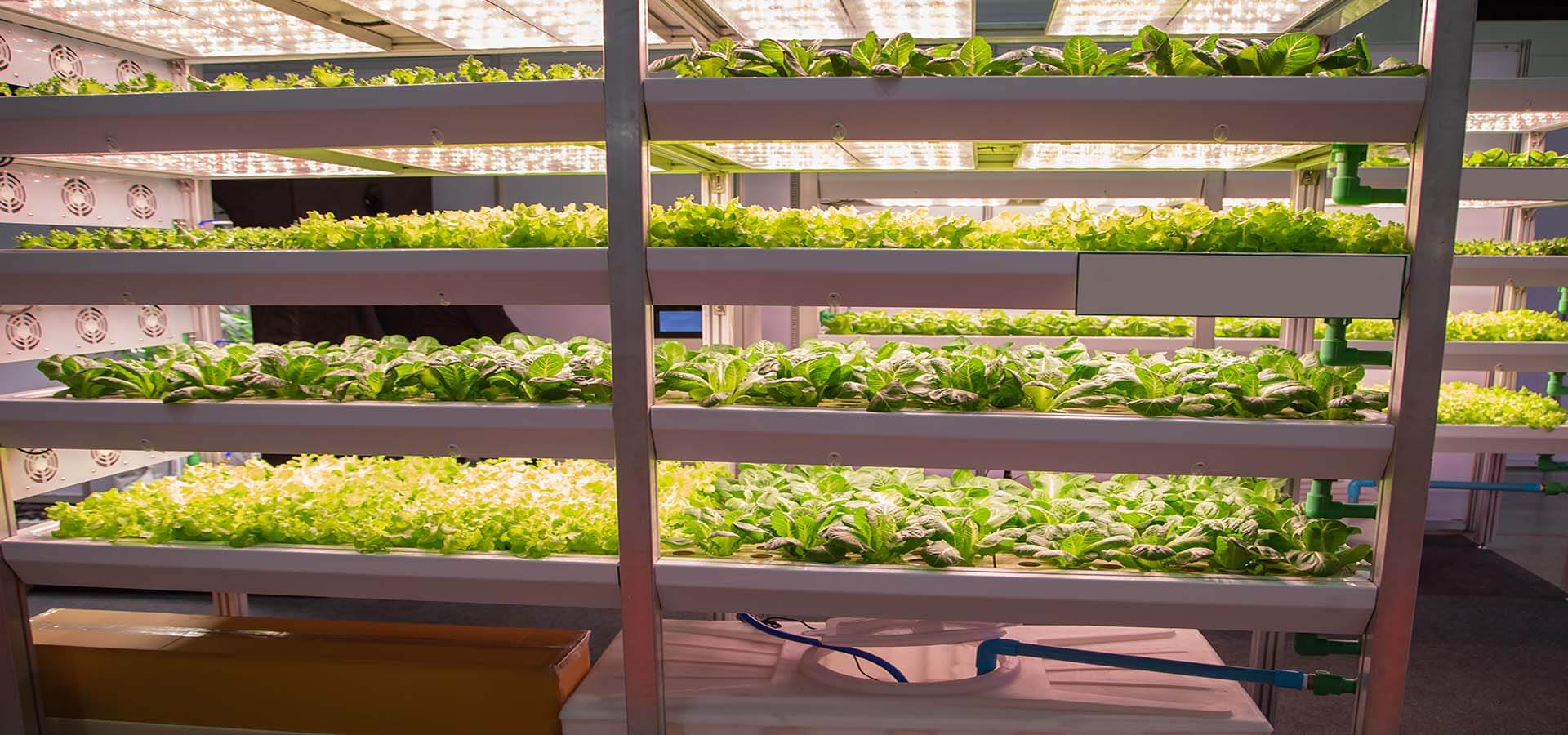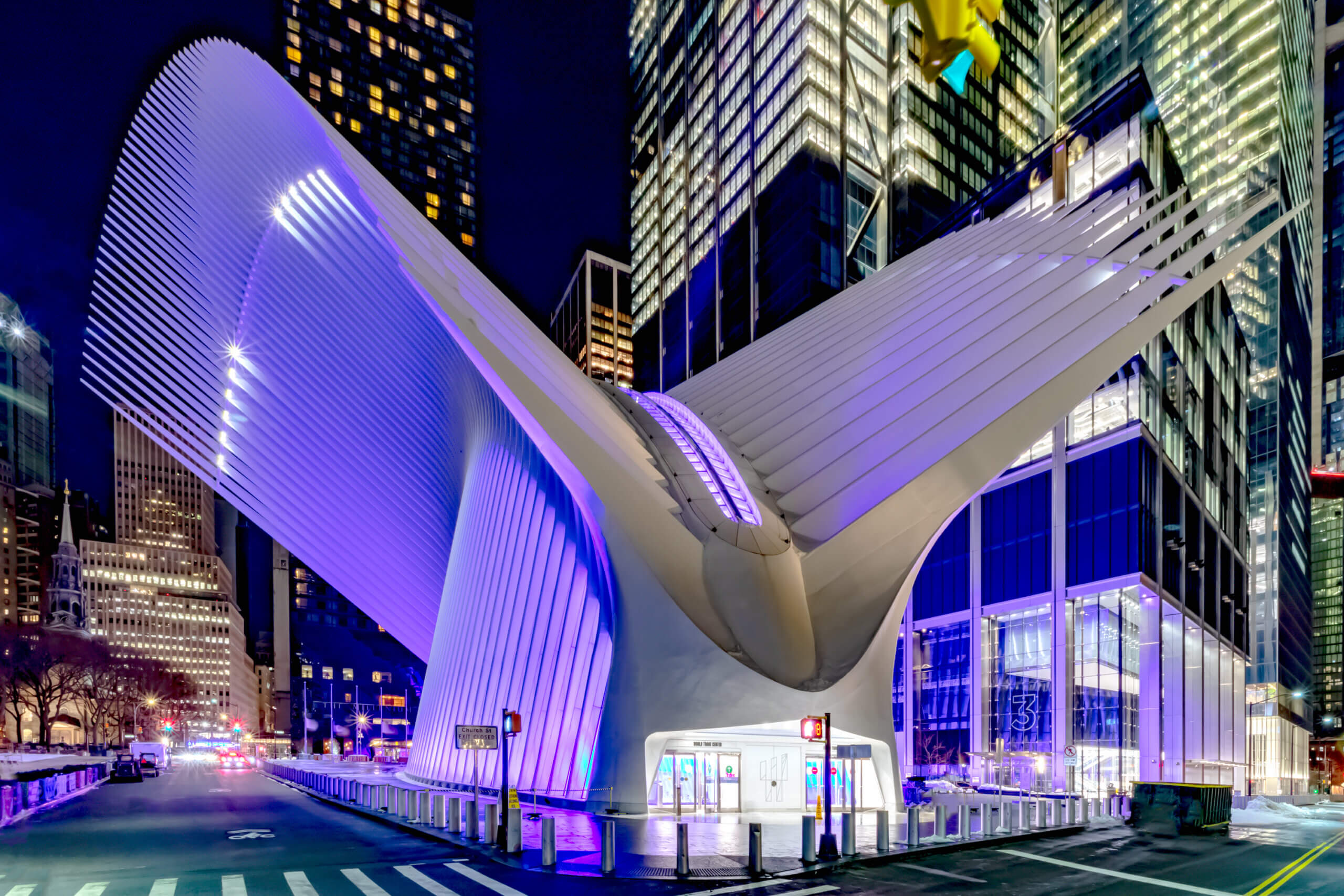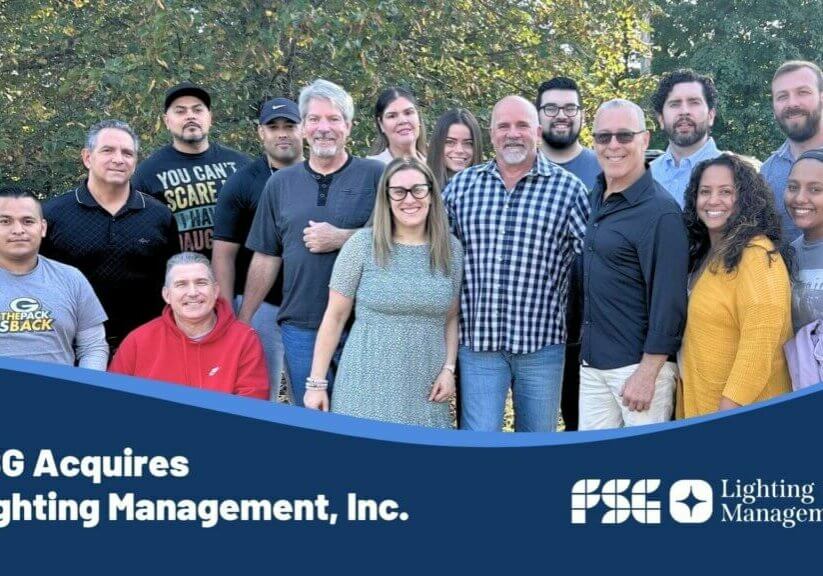How Facilities are Working to Keep Employees and Customers Safe
Share Article
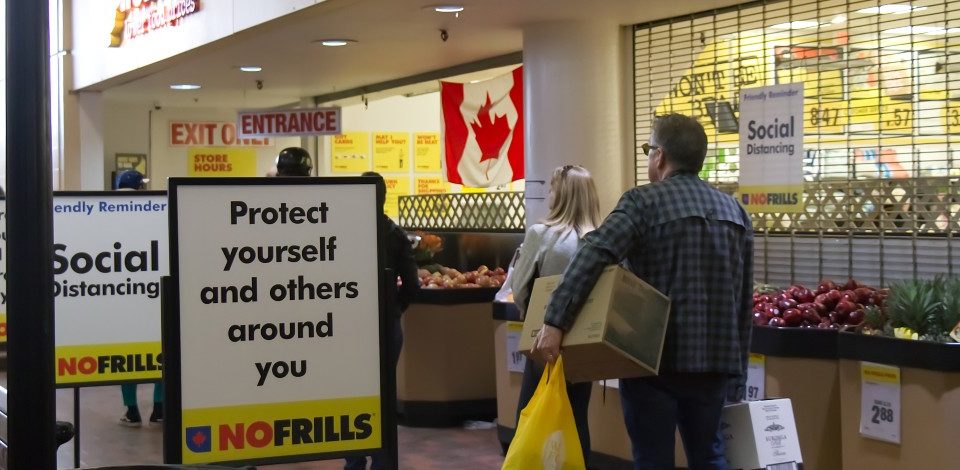
The world changed overnight. At least, that’s the feeling we all got, isn’t it? One minute, everything was as normal as normal could be. The next, we found ourselves in some sort of alternate universe.
Let’s just say it out loud: this new world, this “new normal” we found ourselves living through is a difficult and strange time, and, for most of us, it’s long past time we got back to normal. Unfortunately, however, that’s just not possible quite yet.
But there is good news. There’s something we can do about this situation. Unlike economic downturns of the past, where forces beyond our control seemed to direct matters, this current situation at least presents everyone with the opportunity to act.
A Country Called to Action
In fact, we’re already seeing that action. We’re seeing people respond to calls for sacrifices, both mental and physical. The global workforce is switching gears at an incredible pace, and the ability for employees to work from home is keeping many companies up and running.
At a more personal level, as well, we’re seeing sacrifices. Social distancing heightened awareness and deference to others, and lockdowns (self-enforced or otherwise) are uncomfortable, joyless new concepts we have to incorporate into our daily lives.
And yet, it’s working. According to a recent CBS News article, countries around the world are beginning to see the “flattening of the curve.” Some countries are doing even better than that, such as New Zealand. It’s taken weeks of extreme patience, combined with economic suffering, but encouraging news has started to emerge.
Still, much more work remains to be done.
How Facilities are Keeping Employees & Customer Safe
As vital parts of our communities, businesses are sacrificing, too. They are also acting, proactively taking steps to help their employees and customers stay safe. Since we all depend on local grocery stores, their actions are especially crucial now.
Other essential industries continue to operate, as well, though now with heightened safety precautions. Workers in healthcare, airlines, elderly care, restaurants, the post office, infrastructure, and many other industries are all continuing to perform their jobs.
Fortunately, an incredible number of people and organizations are working overtime to keep folks in these jobs safe, and also to keep the public safe.
Grocery Stores
For many people around the world, the local grocery store has become the only real excuse to leave the house. After some initial panic buying, it seems most have settled into a new routine when it comes to grocery shopping.
But it’s not just the shoppers who have adapted. As one of the last large gathering places available to people, grocery stores are on the front line of the current crisis. But, as good citizens of their communities, the stores are responding.
One of the most-adopted safety measures is protective shields, also known as “sneeze guards”. These clear, thin plastic shields are light and flexible enough to be placed almost anywhere. Many stores use them in the checkout lane to help protect both customers and employees. They are also being mounted around fresh produce and other products that are similarly exposed to the air.
In addition to plastic shields, grocery stores like H-E-B have charged employees with an extra-vigilant cleaning and sanitizing program. Employees are stationed at the front door wiping down shopping carts with disinfectants. They guide each incoming customer to a clean cart at the entrance, and there is a hand sanitizer station at the exit that never runs empty.
Besides sanitizing carts, employees are constantly sanitizing freezer doors, credit card terminals, and self-checkout stands to help shoppers stay safe.
Grocery store pharmacies are installing protective shields that run counter to ceiling.
Of course, social distancing also factors into the way grocery stores are fighting the pandemic. On the floors of H-E-B, Kroger, Walmart, and stores around the world, signs, tape, paint, and markers have left pictures and symbols highlighting where shoppers should stand while waiting in line.
Beyond that, some national brands are allowing a limit of people in the stores at one time.
Restaurants
Along with grocery stores and pharmacies, restaurants are working to keep businesses running while keeping employees and customers safe. Even though they face great difficulties right now, they are also stepping up to deliver an important service.
In the United States, as well as other countries, bars and restaurants were some of the first social places ordered to shut down. However, even with dining rooms shut, and chairs upside-down on tabletops, a huge number of kitchens were able to stay open — and busy.
There are currently more drive-thru only restaurants in the U.S. than ever before.
Delivery and to-go services continue to operate for many restaurants, and some have even added these services to cope with the times. Not only do these options let customers keep enjoying their favorite foods, but they also help everyone involved stay safer.
Healthcare Facilities
Nurses, doctors, and other healthcare workers are as busy (or busier) than ever. Even though there’s always an element of risk involved in these jobs, special steps are being taken at hospitals and doctors’ offices.
Many of the same precautions that are found now at grocery stores can be found at healthcare facilities. Sneeze guards have gone up in formerly-unprotected places. Hand-washing and hand-sanitizing stations have multiplied. Social distancing policies are in place and enforced.
Many healthcare facilities are already using UV disinfecting lighting to help reduce pathogens with UV-A and UV-C light. Other facilities are installing these lighting technologies for the first time.
Extra precautions for healthcare workers include an increased focus on deep hand-washing. They must also be vigilant about social distancing. In addition, health organizations have prescribed clear rules regarding care for infectious patients.
Many patients are staying in their vehicles for doctor appointments, where they are being instructed to check-in by phone when they arrive. Nurses and Doctors wearing gloves, masks, and protective gear are administering the session through the patient’s driver window.
Airport Facilities
Although airlines have undoubtedly suffered as an industry, planes are still flying, and people are still traveling. In the US, OSHA and the CDC have issued special guidelines to airline employees as they try to stay safe.
If airline employees suspect one of their passengers is ill, for example, they have been asked to attempt to place the person as far away from others as possible, as well as to ask them to use a mask or face covering. Protective gloves are now permitted and encouraged whenever dealing with a potential infectious person or source.
Other Facilities
Perhaps one of the most remarkable events of the past few weeks has been the seismic shift in attitudes about where, when, and how we work.
Virtual offices, telecommuting, online meetings, and more have been a constant part of many modern businesses for years. Now, however, the ability to work remotely is literally saving lives.
For years, now, a great amount of technology and apps have enabled and enhanced the ability for many work-from-home. As offices around the world continue to shut down, more and more employees are continuing their careers right from their living rooms.
Zoom, a remote meeting app, has taken off in popularity in recent weeks, as have Skype, Slack, and other productivity tools. Zoom, in particular, has become vital to many businesses, with the average daily user count jumping from 10 million to 200 million in just three months.
Protecting Each Other
Everything we do now over the next weeks and months is important. As we come together to do the right things, this crisis will soon pass.
But there will be a new normal for businesses and facilities moving forward. These steps that are being taken to protect employees and customers are not here now and gone tomorrow. Facilities will be implementing many of these measures as business-as-usual.
Many businesses and healthcare facilities are already making long term plans to build these and other safety measures into their infrastructure.
For the last 37 years, FSG has been happy to serve our customers’ needs, and we’re especially glad to do it now. Just like everyone else, FSG shares the responsibility to care for those around us. We continue to work safely to be proactive about your facilities’ needs.
Whether it’s Lighting, Electrical, Remote building controls, Protective shields, UV Disinfectant Lighting, Emergency Power, and more – FSG is here to help!
When you need a trusted advisor, call us at (512) 615-6615.

